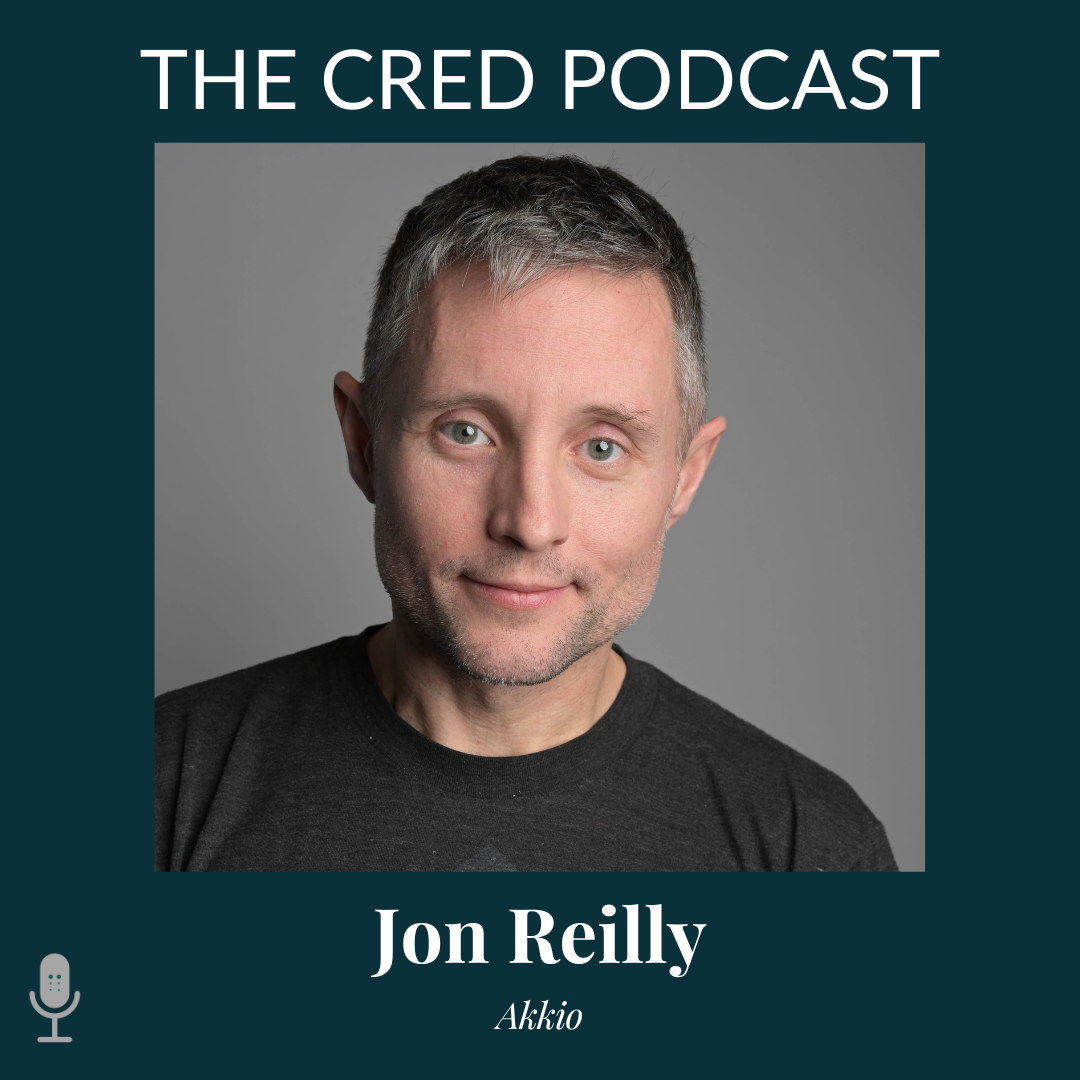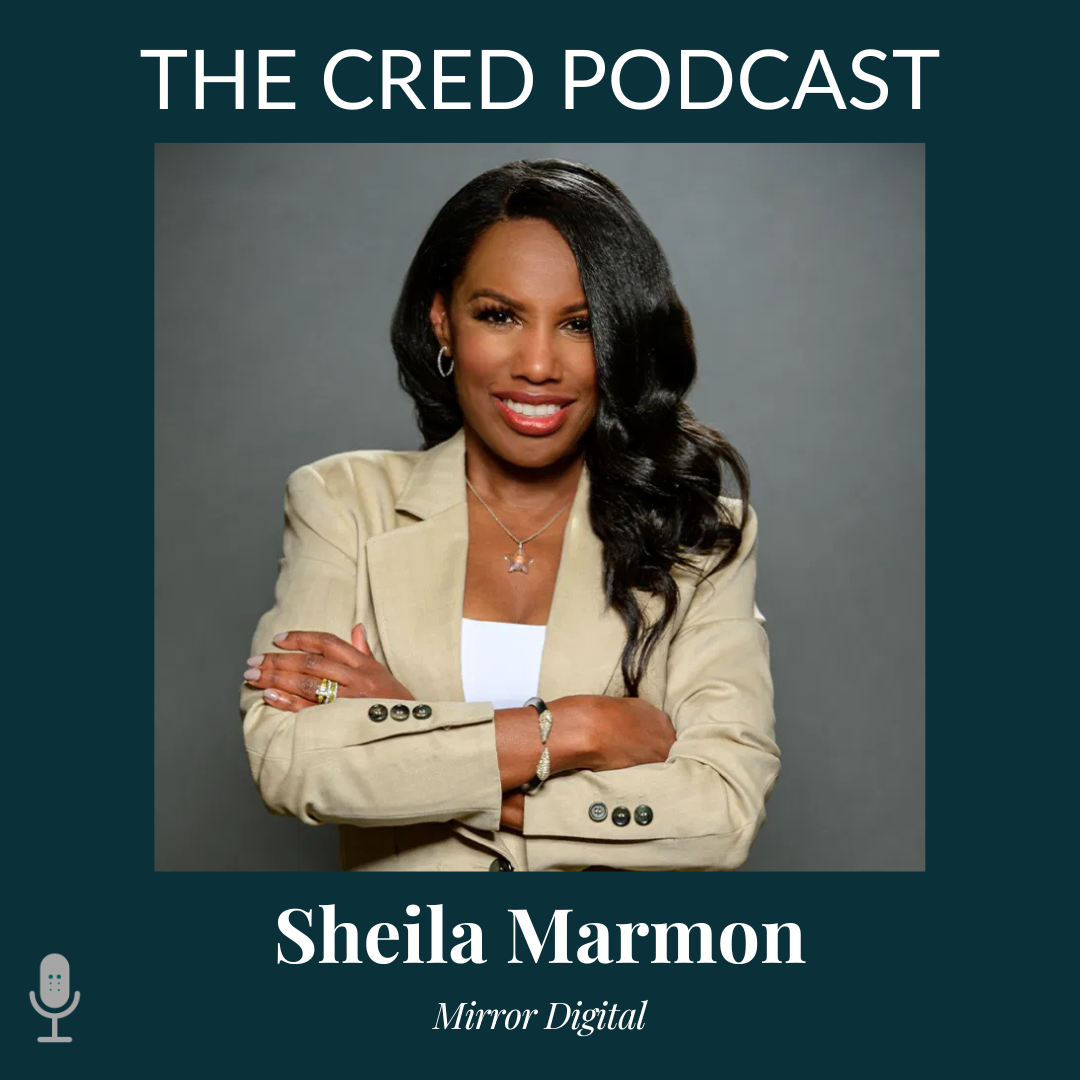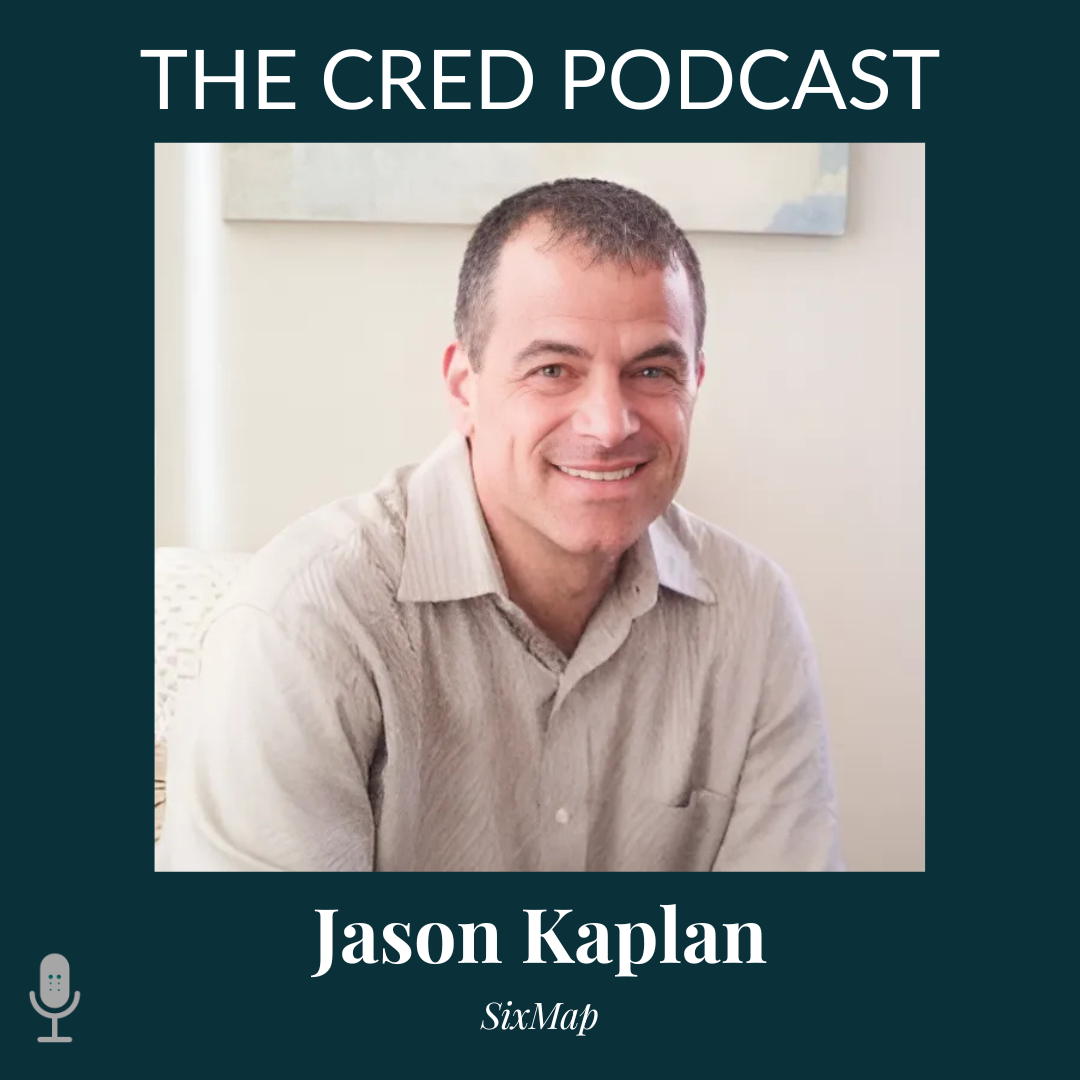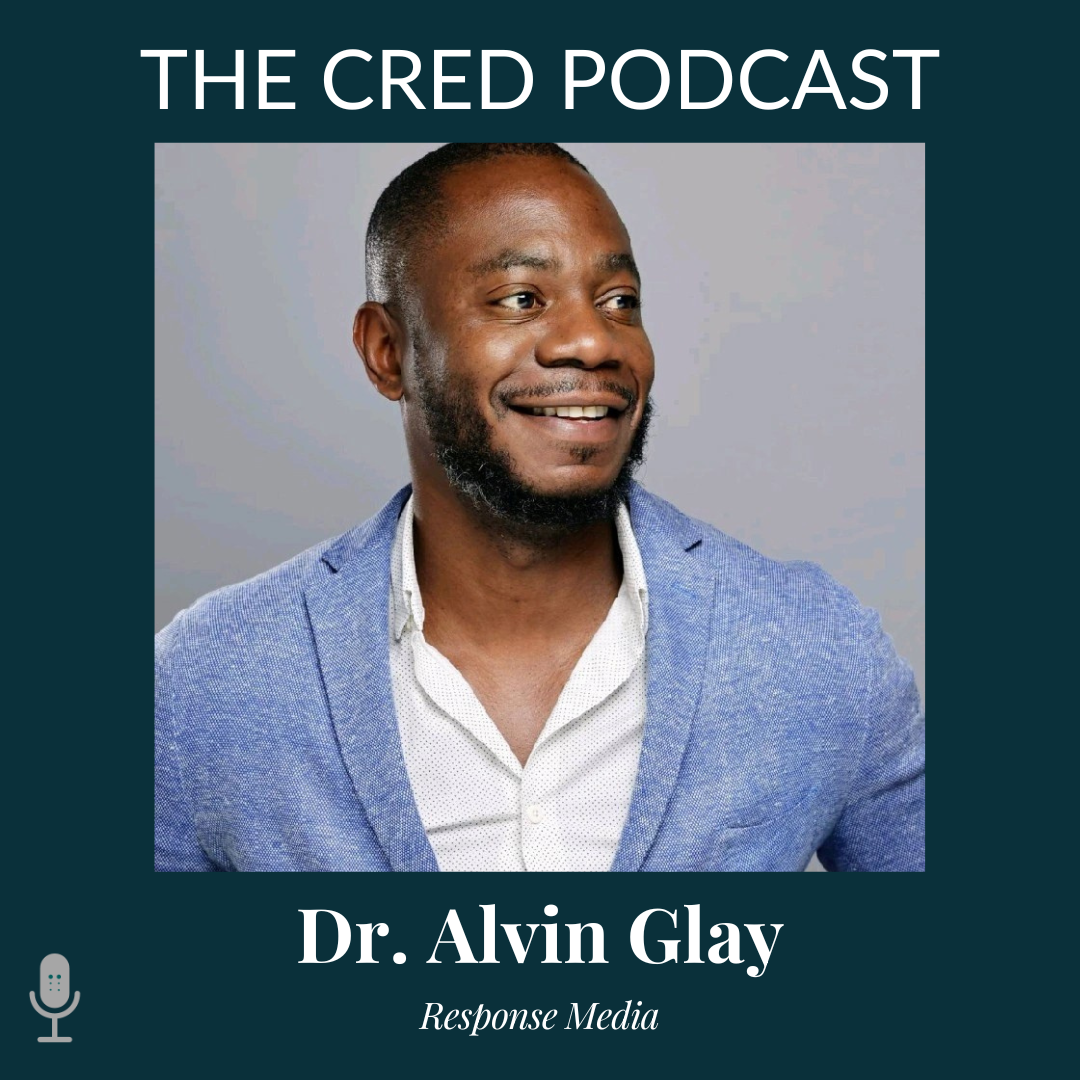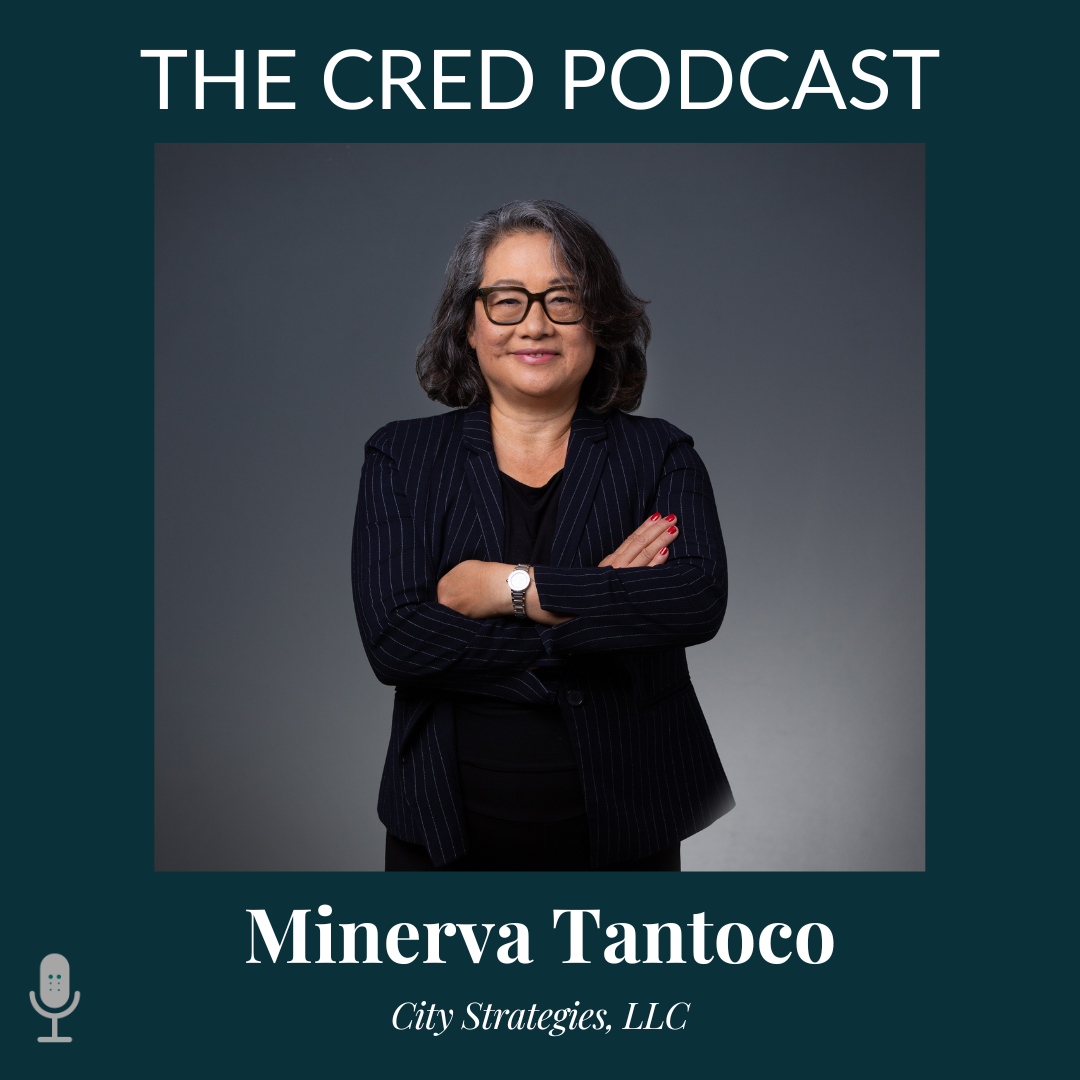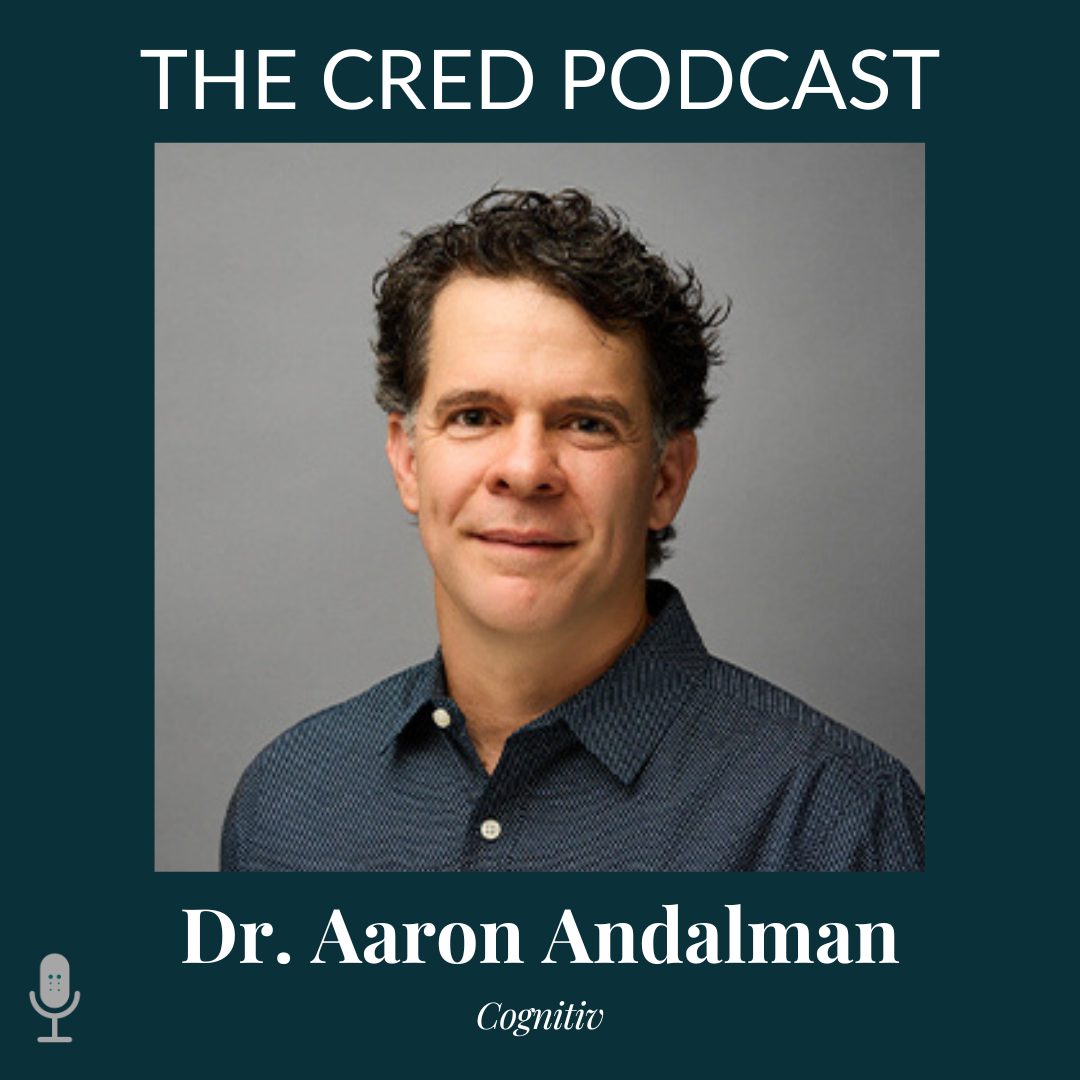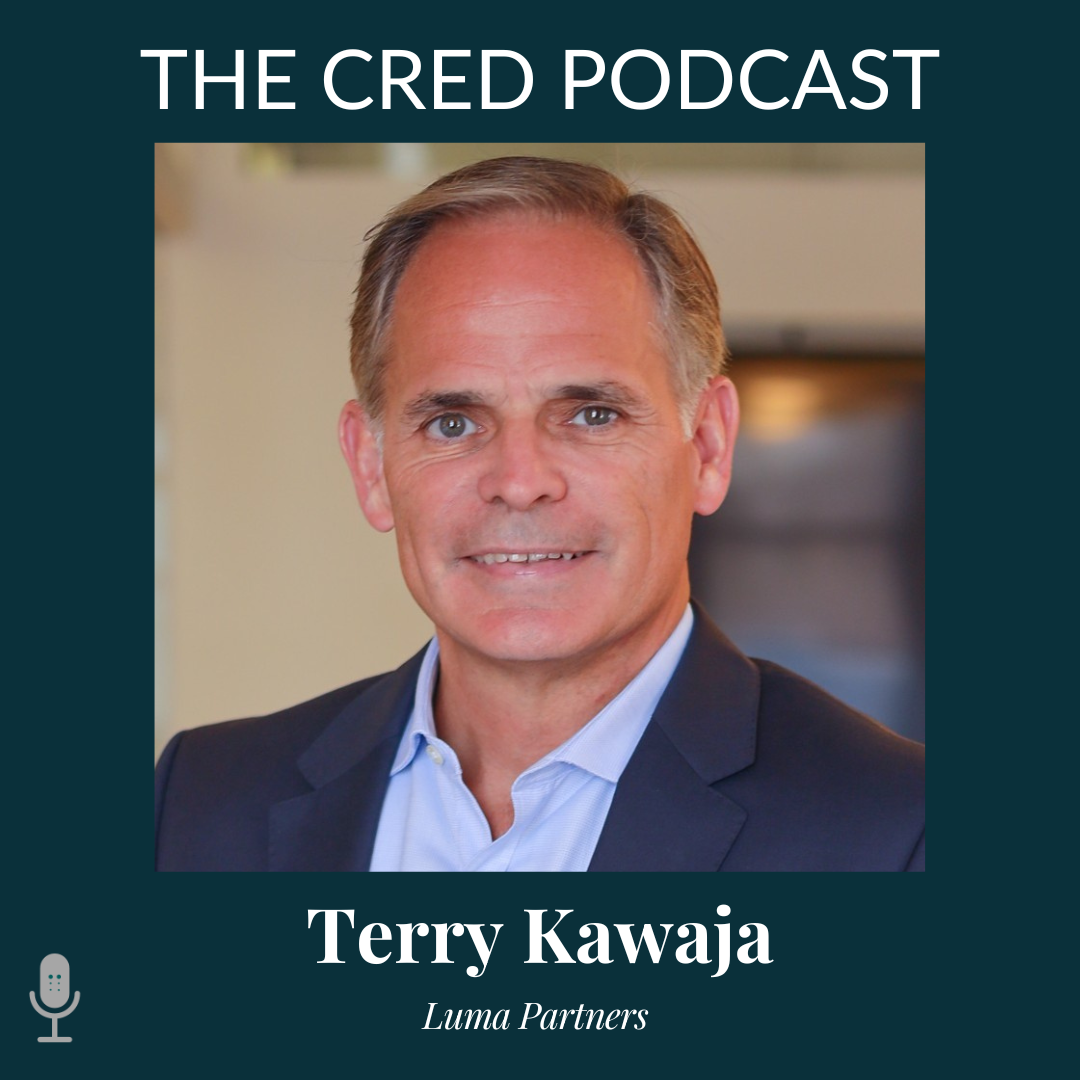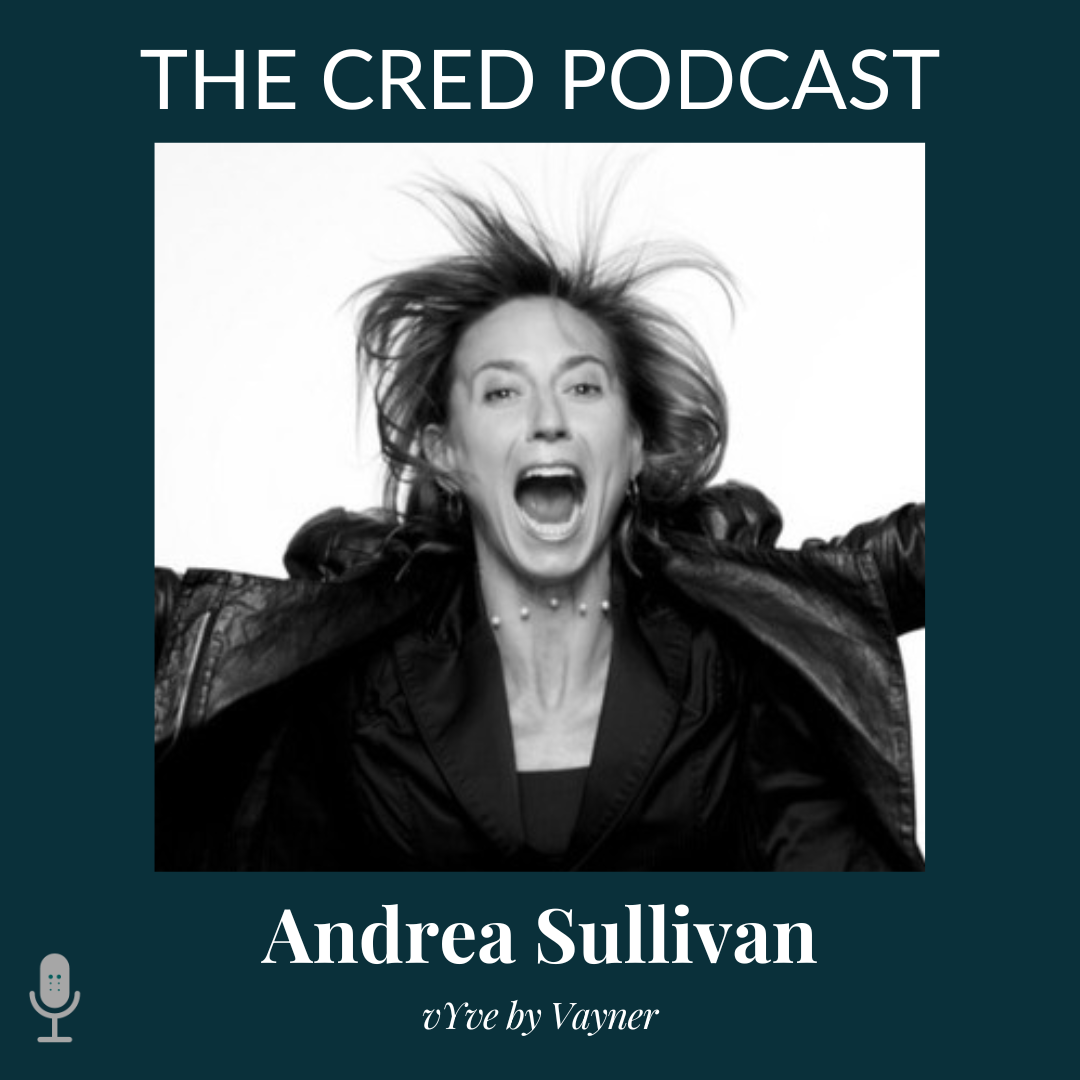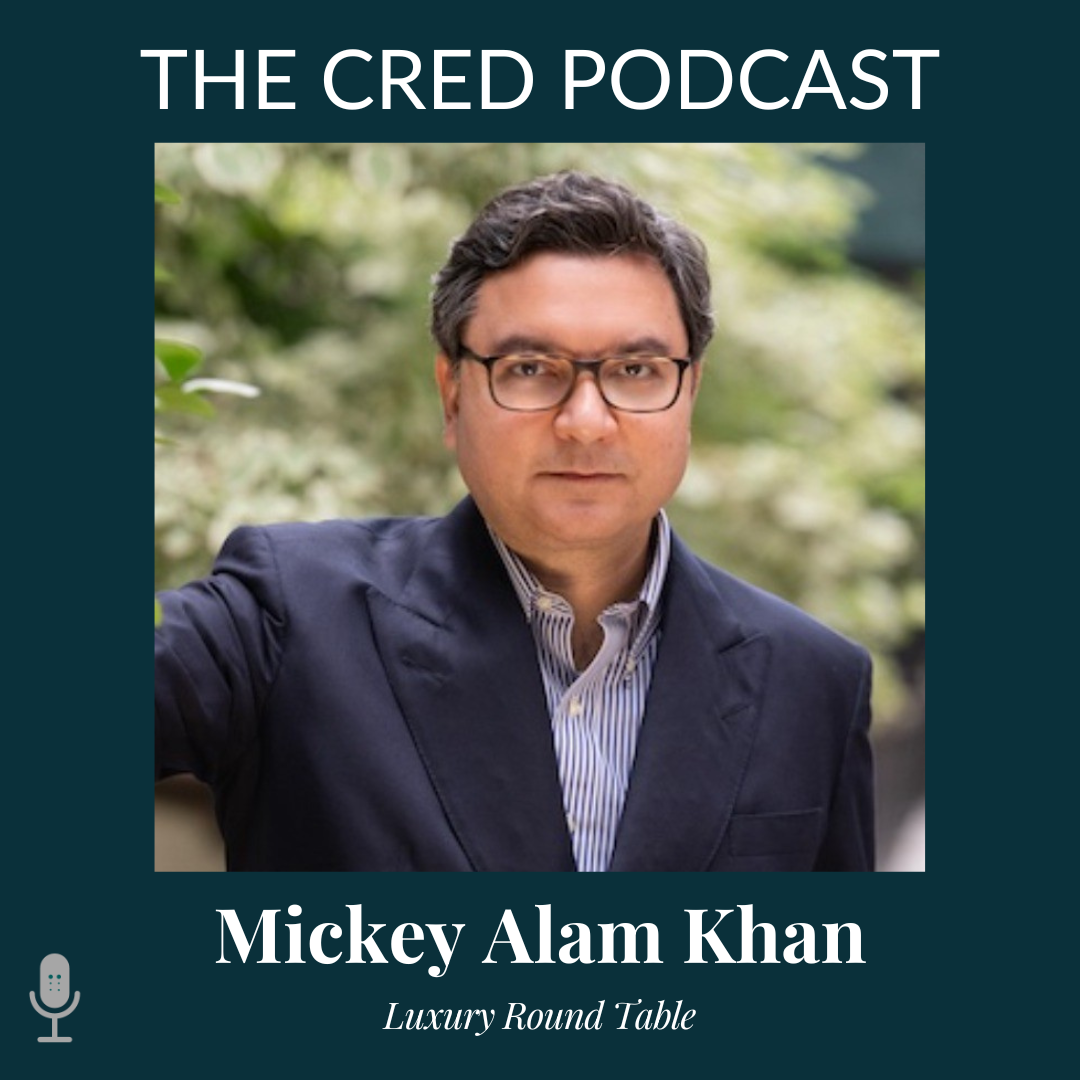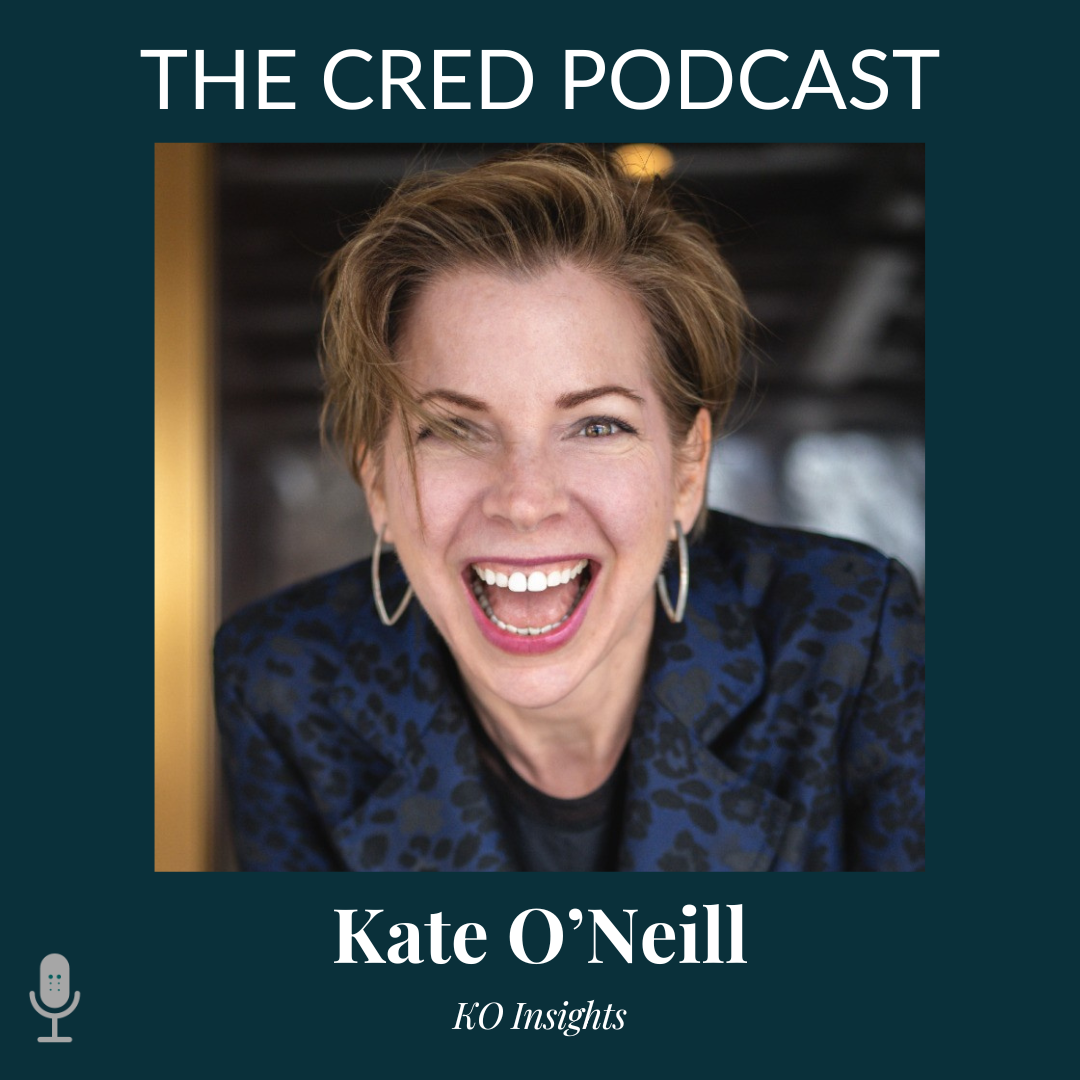Call the Shots. Own the Outcomes. A Founder’s Framework with Jon Reilly
What does real ownership look like in leadership? In this episode, Mack McKelvey sits down with Jon Reilly, co-founder and CEO of Akkio, to explore the kind of decision-making that builds momentum.
Jon breaks down his mental model for making decisions—from obvious 80/20 calls to murky 51/49s—and shares how speed, clarity, and accountability help his team move faster and smarter. He also discusses the importance of hiring people with a strong sense of ownership—those willing to make decisions, stand by them, and lean in to learn from their mistakes.
We talk about:
💡 Why decision paralysis is the enemy of progress
🎯 Why prioritization is as critical as the decisions themselves
💥 What it means to bet on yourself—and stake your reputation on it
🛠️ Why “we can do better” isn’t just Jon’s mantra, it’s his leadership operating system
Jon also shares why he doesn’t read business books and the power of building a board that challenges you to think bigger. This episode is a must-listen for anyone building, leading, or learning how to make decisions that matter.

